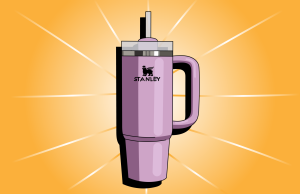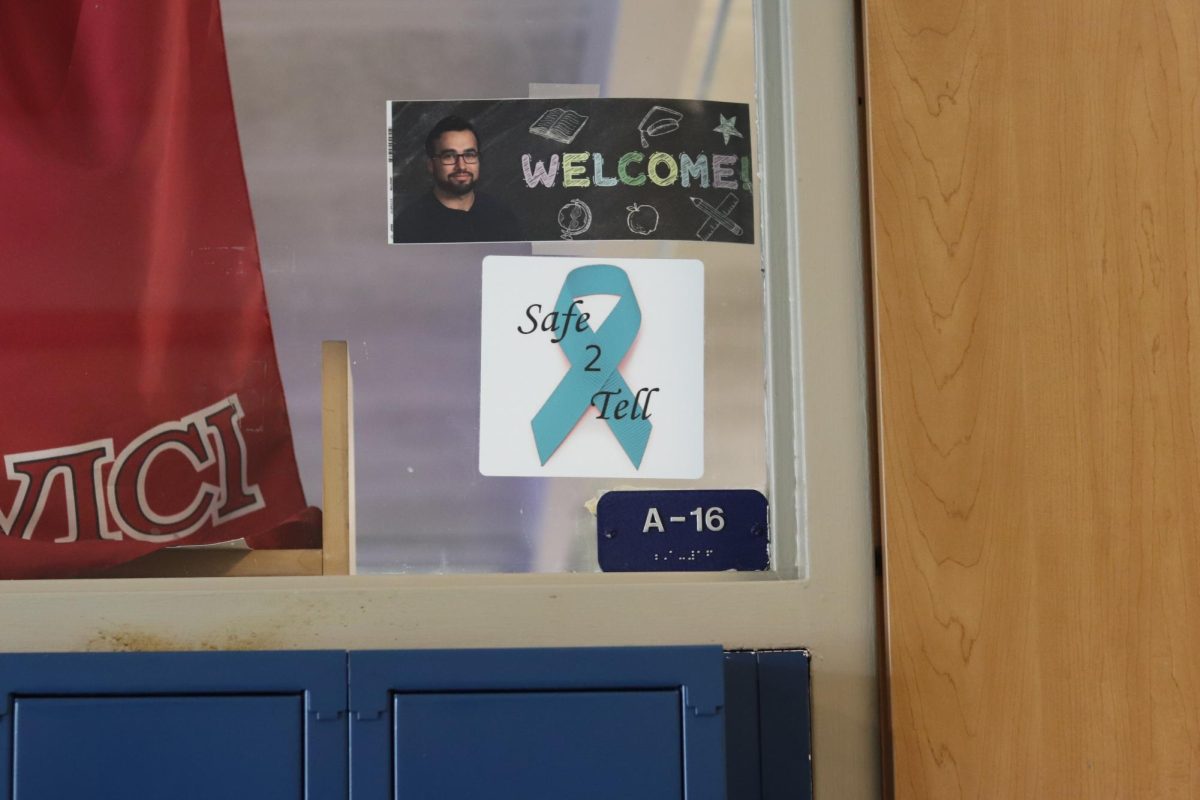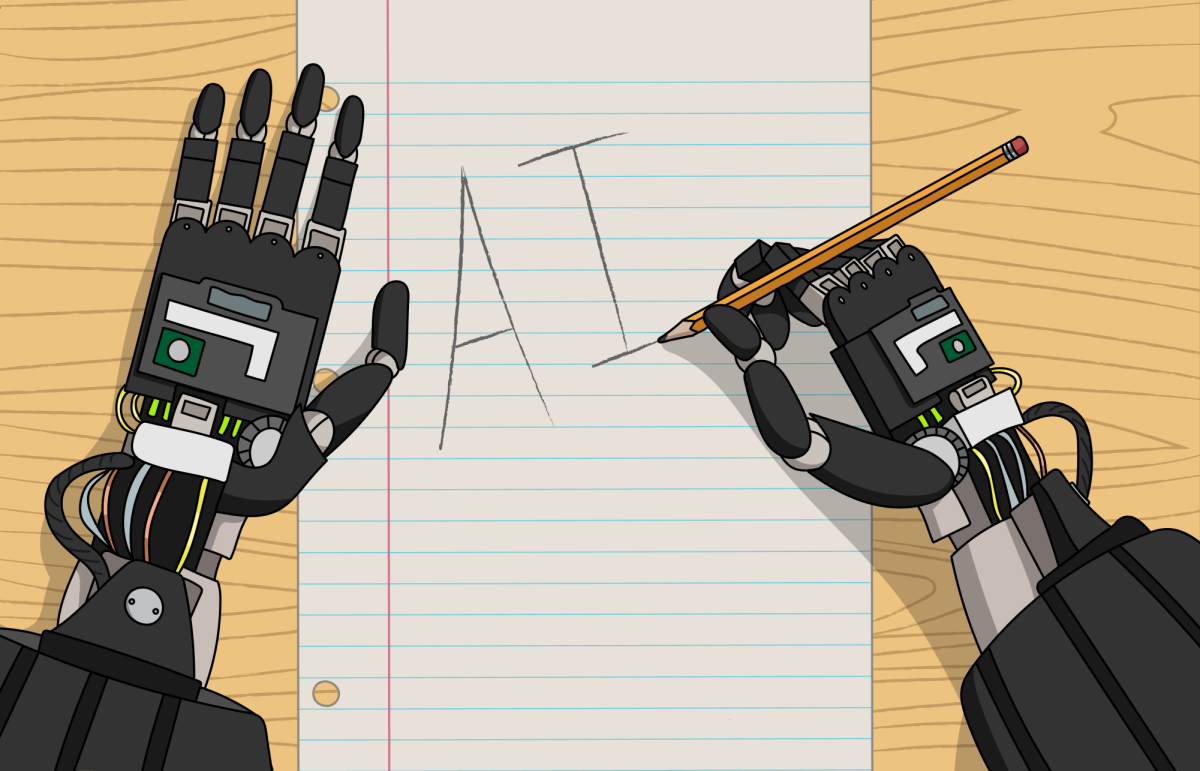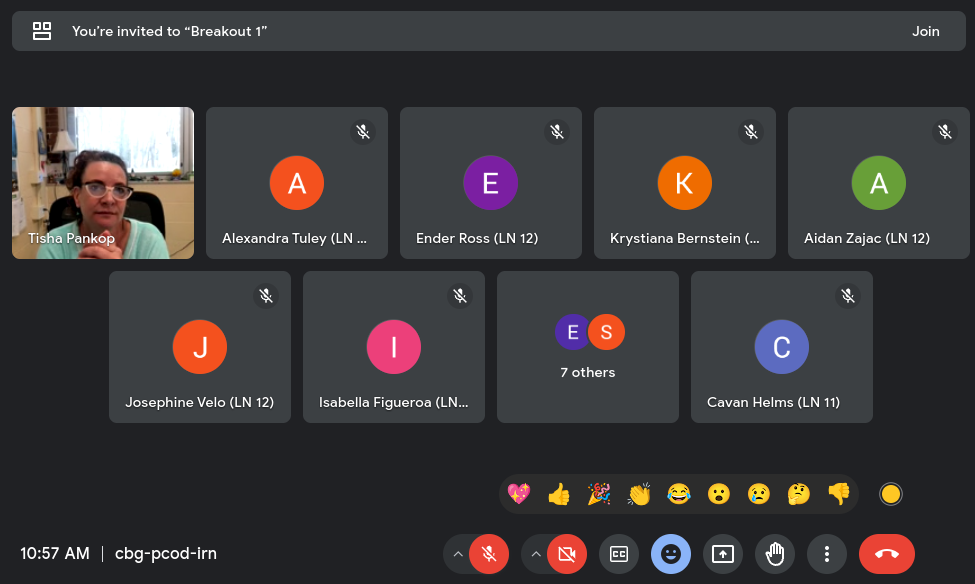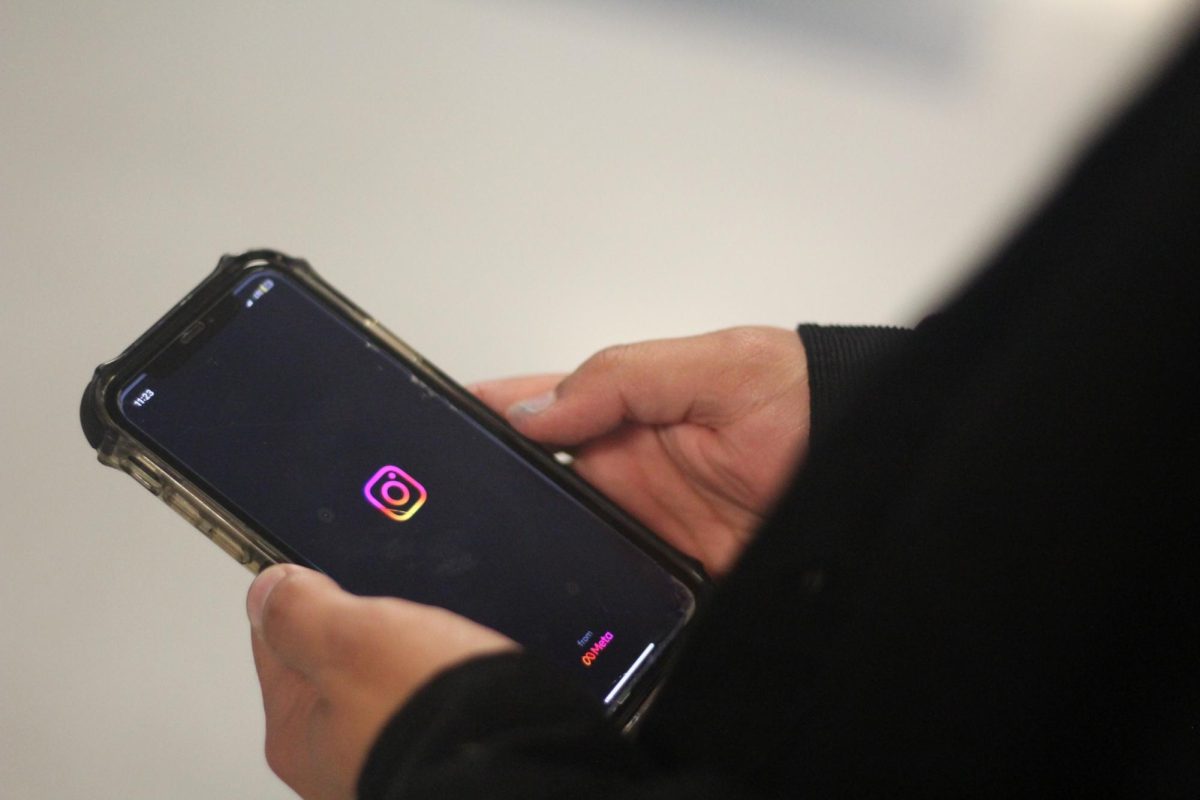
Knight Life News
It’s very easy to do. The latest album from your favorite band is out, but you don’t have enough allowance to pay for it. The next edition of Call of Duty has been released, but it’s sold out at all the local stores. So you download it off the internet.
Although the government tries its best to shut them down, file sharing websites are more common on the internet than cat videos. They enable people to upload files that can then be searched for and downloaded by anyone else on the site. Although some people use file sharing in entirely legal ways, much of the industry consists of people uploading files from books, shows, and games they like, and other people subsequently downloading them without ever paying the creators. Entire seasons of popular shows are available for download, sometimes months before the legal versions become available. Most people don’t even feel that piracy is that bad of a thing. And surveys suggest that 4 in every 5 high school students have committed some form of piracy in the last six months, so it’s probably safe to assume that for most readers, this isn’t exactly news. What might be news is how much it can cost.
Since a 2008 policy change, the RIAA has sued barely anyone for file downloading. Given that there are millions of possible targets at any one time, the chance of being chosen is pretty small. That’s not to say that it couldn’t happen; just that it’s slightly less likely than drowning in a bathtub right after getting the flu. Which is to say, not very likely. However, people who do end up in court often have to pay astronomical fees.
So, how much is piracy likely to cost you? The vast majority of pirates escape notice, but those who do tend to pay up pretty quickly. If the RIAA (the Recording Industry Association of America, whose job it is to protect the music industry) detects illegal file downloading, the usual course of action is to send a cease-and-desist order – which, if it successfully intimidates you into paying, sets a body back between $3,000 and $11,000. The vast majority of people pay their fine after receiving the letter, but some would rather fight it out in court. If you choose to fight and go to court, US Copyright law allows for assigned values of between $750 and $150,000 per song – which means that it’s next to impossible to determine what an individual’s fines will be, since the theft of 12 songs can trigger fines of between $9,000 and $1.8 million. Yikes.
If we assume that 12 is the average number of songs on an album, an iPod can hold 120 GB, an album takes up 50 MB on average, and 63 percent of the music on the average iPod is pirated – according to the RIAA – then the average iPod has about $1.1 billion worth of fines waiting to happen. That is why most people choose to just pay the fines when they receive the initial cease-and-desist letter (remember, that’s $3,000-$11,000).
Given all of these fines, it would seem that the main argument against downloading files for free is that it’s simply too expensive.


